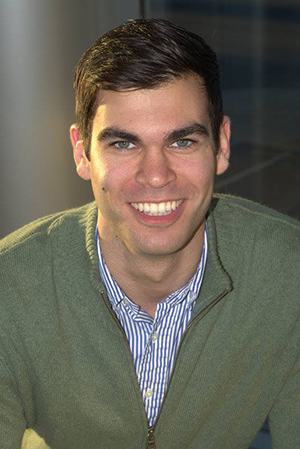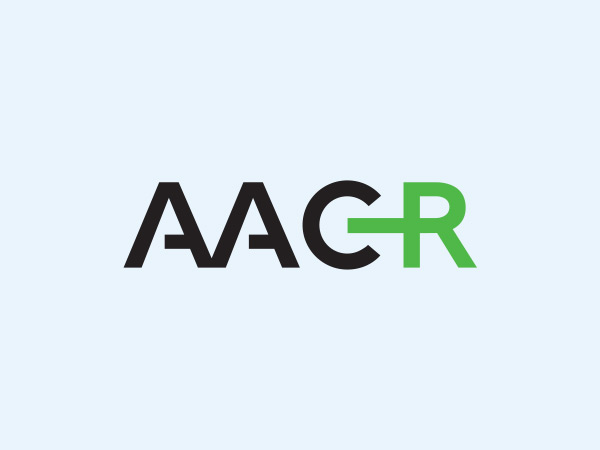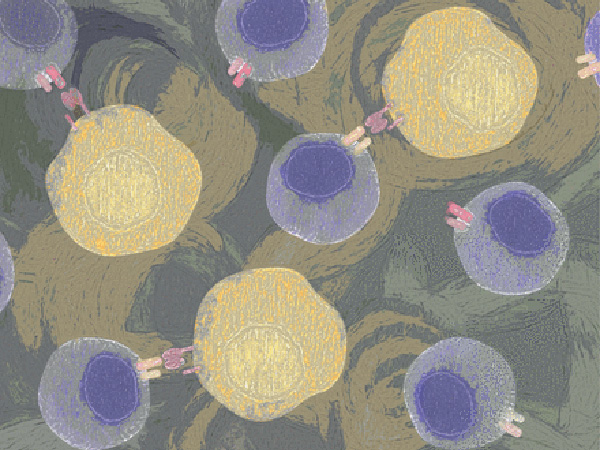Meet Mark Stewart, PhD, Chair of the Associate Member Council
Editor’s Note: This is the second post in a series that highlights AACR chairpersons involved in the 2016 AACR Annual Meeting. The posts introduce you to these important AACR members, and give you insight into many facets of the meeting through their unique perspectives.
What is the Associate Member Council? And what is its role at the AACR Annual Meeting?
The Associate Member Council (AMC), created in 1996, is a leadership body that serves as a conduit between associate members and the AACR. There are currently 13 members on the AMC, and we serve three-year terms. We ensure that the unique professional development and research needs of graduate students, medical students and residents, and clinical and postdoctoral fellows are known to the AACR. We develop professional advancement sessions at the Annual Meeting to empower associate members. Our sessions cover topics ranging from grant writing techniques to effective communication to information on various career paths. We also work on creating networking events at the Annual Meeting to provide early-career investigators opportunities to interact with many of the influential Annual Meeting attendees.
In your point of view, why is it important for early-career investigators to attend the Annual Meeting?
The Annual Meeting brings together many of the greatest minds in the cancer research field. As a result, early-career investigators are exposed to novel research and useful insight. A major goal of the AMC is to provide networking opportunities to allow early-career investigators to take advantage of this. I think making connections and interacting with fellow investigators is just as important as attending the scientific sessions. The connections become increasingly important as early-career investigators advance in their careers.
What is your advice to early-career investigators attending their first Annual Meeting?
My advice is to plan ahead! There are so many scientific talks, poster sessions, networking events, and receptions that it is easy to be overwhelmed. I always think about what I want to accomplish at the Annual Meeting, and I develop a plan and schedule before I arrive.
In what year did you first attend an AACR Annual Meeting, and can you share a memory from it?
The first AACR Annual Meeting I attended was the 2011 meeting in Orlando. This was also the first science conference I ever attended. I remember arriving to the first plenary session and seeing thousands of people walking into this massive room. I was truly amazed and in awe over the amount of people all working to end cancer. When I arrived back to my lab, I was inspired and motivated to work even harder.
Mark Stewart, PhD, is chair of the American Association for Cancer Research’s Associate Member Council and a science policy analyst at Friends of Cancer Research (Friends), a think tank and advocacy organization based in Washington, D.C. At Friends, Stewart develops and organizes policy forums to address pertinent policy issues and legislation that may impact cancer research and drug discovery. Prior to joining Friends, Stewart was a research associate at the National Academy of Medicine, formerly known as the Institute of Medicine, where he assisted with a congressionally-mandated study and helped write a report on the state of the science in ovarian cancer research. Stewart received his PhD in cancer biology from the University of Alabama at Birmingham.




